#recalls
Honda on Hook for $84.2 Million to Settle State-level Airbag Probe
Honda Motor Co. has agreed to pay $84.2 million to settle an investigation conducted by American states regarding its use of the famously defective Takata airbags — units linked to numerous deaths and hundreds of injuries.
Honda recalled about 12.9 million vehicles (some of them Acura models) equipped with inflation devices that ran the risk of accumulating moisture to the point where the propellant inside could destabilize, leading to an overly forceful explosion during an impact. Upon rupturing, these units could effectively spray shrapnel into the cabin area.
While Honda’s first major recalls were enacted in 2008, by 2013 millions of vehicles were in the process of being retracted by rival manufacturers that also used Takata as a supplier. And it just kept getting bigger until it was the largest recall in history, with Honda receiving the most ire due to the high number of fatalities suffered within its vehicles — and for having prior knowledge of the defects.
Center for Auto Safety Asks Nissan to Brake Check Itself
Advanced driving aids have been slighted once again. This time, the Center for Auto Safety is asking Nissan to issue a safety recall on several models it believes have received too many customer complaints about their automatic emergency braking systems.
It also claims the manufacturer is already aware of the situation, after filing an public-information requests that showed Nissan being in possession of more than 1,400 complaints and field reports alleging the systems are activating when they shouldn’t. The company is also on the receiving end of some lawsuits over the matter.
We’d hate to harp on Nissan more than necessary. The manufacturer already has a laundry list of problems it’s hoping to solve, and there’s clear evidence that advanced driving aids are acting goofy across the board — especially as they become more commonplace. Last week, we reported on another AAA assessment encompassing multiple brands that once again showed just how reliable these electronic nannies aren’t.
FCA Reportedly Gearing Up for Giant Tigershark Recall
Fiat Chrysler Automobiles is considering a recall on roughly 1 million vehicles equipped with its 2.4-liter Tigershark four-cylinder engine. That incorporates most of FCA’s smaller models, including a few defunct models like the Chrysler 200 and Dodge Dart.
Reporting from the Detroit Free Press suggests the 2.4-liter unit exceeded allowable emissions limits during testing. While the Tigershark MultiAir II is also featured in a class-action suit over claims that it burns too much oil, FCA said that matter is unrelated to the proposed recall.
“In connection with internal testing, we determined that approximately 1 million vehicles equipped with the 2.4-liter Tigershark engine may have excess tailpipe emissions,” the automaker said in a recent regulatory filing with the U.S. Securities and Exchange Commission.
The Safety Innovation That Put Volvo on the Map Is Behind Its Largest Recall
To be fair, three-point seat belts didn’t exactly set American consumers on fire back in 1959, but the innovation eventually caught on, becoming the industry’s dominant passive restraint.
Yet even safety features can contain safety defects, which is why Volvo Cars is embarking on its largest recall to date. The (Chinese-owned) Swedish automaker has announced a global callback of 2,183,701 vehicles built over the span of 14 years.
Ford Recalls 2 Million Vehicles Over Bum Door Latches
On Wednesday, Ford Motor Co. announced two safety recalls. One is a brake line issue involving 343,900 F-150 pickups equipped with the 3.5-liter EcoBoost V6. The other relates to door latches — an obnoxiously familiar headache for the company — and encompasses a whopping 2.15 million vehicles from the 2011-15 model years.
Ford says the affected vehicles may not have had all door latches correctly replaced or replaced at all when repaired by dealerships under safety recalls 15S16 or 16S30 — both of which were done fix faulty equipment that was susceptible to failure in direct sunlight.
Apparently, the thermal threshold of the parts wasn’t all that impressive,and a few doors popped open while vehicles were in motion. While the manufacturer said it was unaware of any injuries related to the incidents, having a door randomly pop open on the motorway is universally undesirable.
Ford is going to take another whack at it.
Speaking of Fleet Sales… There's Another Nissan Altima Hood Recall
The previous-generation Nissan Altima gained an unfavorable reputation as a rental lot darling (ask Corey about his Midwest comfort cruise), but another issue plagued the model: Hoods not staying shut when they’re supposed to.
Nissan issued recalls in 2014, 2015, and 2016 in an attempt to remedy a hood latch corrosion issue that caused some hoods to fly open unexpectedly while underway. Now, the automaker has decided to expand that recall to the entire generation, calling back 1.8 million vehicles for a fix it hasn’t yet devised.
PSA: Check Those Jack Stands
If your vehicle spends any time — or will spend any time — suspended on jack stands bought from Harbor Freight, heed this warning: those stands might not suspend anything.
The company has issued recalls on its 3-ton and 6-ton jack stands, sold under the Pittsburgh name, out of fear they could collapse suddenly.
Fire Risk Prompts McLaren Recall
McLaren is recalling 2,763 vehicles built between 2016 and 2020. Considering the ultra-premium auto brand rarely moves more then 4,000 units a year (a tally it hopes to ramp up to 6,000 by 2025), its a sizable recall. Affected models include the $1-million Senna, 570GT, GT, and 720S.
As if hearkening back to the supercars of yore, the issue poses a potential fire hazard.
Open and Shut: NHTSA Issues Hood Recall for New Silverado, Sierra HD
General Motors’ revamped 2020 Chevrolet Silverado and GMC Sierra HD pickups are striking in appearance, but some buyers might be more enamored with the new 6.6-liter gas V8 under the hood. It’s a selling point, but it’s not something you want the truck showing off an inopportune times.
Like, say, when driving down the highway.
The possibility of unexpected underhood peep shows for the occupants of passing school buses are what prompted the National Highway Traffic Safety Administration to issue a recall.
Volvo Recalls Every Model Assembled Since the Start of 2019
Volvo is recalling every vehicle sold in the United States from the 2020 and 2019 model year. It turns out the automaker with the reputation for placing extra emphasis on safety has some bunk safety equipment. During tests late last year, the Federation of Danish Motorists noticed the automatic emergency braking (AEB) system in a Volvo XC60 consistently failed to operate as intended — smacking itself into numerous test dummies and automobiles.
After an internal investigation, Volvo Cars issued a global recall encompassing roughly 736,000 units on March 13th. Since the manufacturer has made the feature standard equipment on all vehicles, every single model produced by the automaker since January 21st, 2019 needs to be recalled.
Jeep Wrangler and Gladiator Recalled Over Toasted Clutch
Jeep is recalling 33,237 Wranglers and Gladiators equipped with manual transmissions because the clutch plate can overheat and fracture. According to the National Highway Traffic Safety Administration’s (NHTSA) recall report, the callback encompasses all Wranglers sold with a third pedal from the 2018-2020 model year, with the same being true for the 2020MY Gladiator.
Hyundai Recalls Over 400,000 Elantras Due to Short/Fire Risk
Hyundai Motor America is recalling nearly 430,000 vehicles in the United States over a short risk that could create a fire hazard. Affected models include Hyundai Elantras from the 2006-2011 model years and the Hyundai Elantra Touring from 2007-2011.
Even though the problem is really similar to the one that afflicted older Azera and Sonatas manufactured around the same time, Hyundai says the recall is not related to previous Hyundai recalls. Both cases involved moisture getting into the antilock brake module, which then overheats and creates a fire risk. In both cases, Hyundai said fires can occur after the vehicle is turned off.
GM's Software Recall Just Causing More Brake Problems
General Motors is recalling around 128,500 vehicles in the United States over a previous fix that didn’t work as intended. The cars stem from a larger December callback that aimed, via a software flash, to mitigate braking problems on about 550,000 Chevrolet Silverado 1500, Cadillac CT6, and GMC Sierra 1500 models from 2019. GM says the solution created issues on about a third of them.
The problems are much the same as before. Affected vehicles may have serious braking issues and have their anti-lock braking system (ABS) and electronic stability control (ESC) fail. At least this time the computer will know enough to indicate a problem via the vehicle’s warning lights. In the previous recall, GM said the vehicles’ diagnostic system would not illuminate the instrument cluster to hint that something was amiss.
Airbag, Seatbelt Fears Lead to 3.4-million-vehicle Toyota Recall
A ghost in the machine that could render passive safety systems like airbags and seatbelt pretensioners useless has infected a range of Toyota models, sparking a global recall of roughly 3.4 million vehicles — some 2,891,976 of those in the United States.
While the suspected fault only rears its head in certain types of crashes, owners would probably prefer their airbags deploy in all major impacts.
Tesla Blames Short Sellers for Recall Petition, Says No Problem Exists
Following confirmation from the National Highway Traffic Safety Administration (NHTSA) that it will look into a petition calling on the agency to formally investigate 500,000 Tesla vehicles over reports of unintended acceleration, the automaker took to the internet to defend itself.
On Monday, Tesla issued a blog post to say the allegations against it are wrong. It believes claims of unintended acceleration are erroneous, pushed by someone hoping to scoop up Tesla shares at a lower price so they can be swiftly flipped.
The short-seller defense is a popular one with CEO Elon Musk. He’s previously called short sellers “value destroyers,” repeatedly suggesting that the practice should be made illegal. But it’s also in his interest to keep Tesla’s stock ludicrously high, which it is. Despite being several times smaller than either General Motors or Ford, Tesla’s market worth has surpassed their combined value.







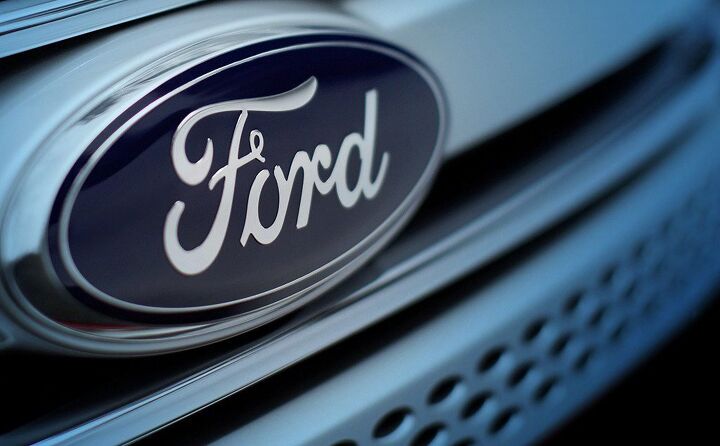
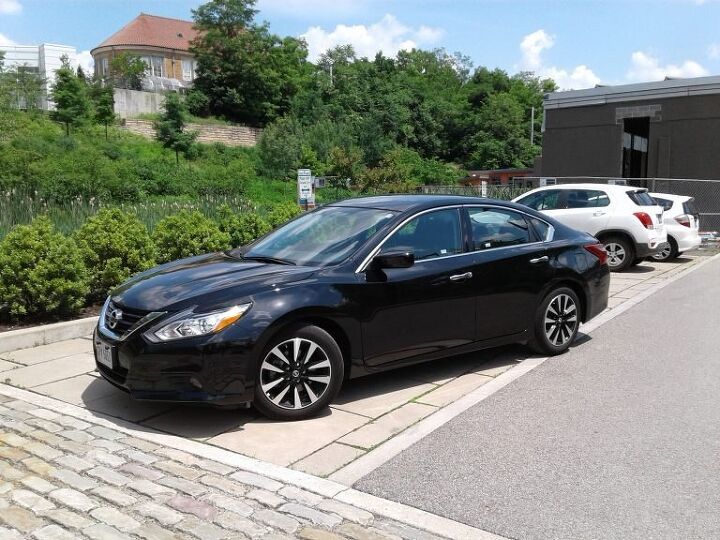
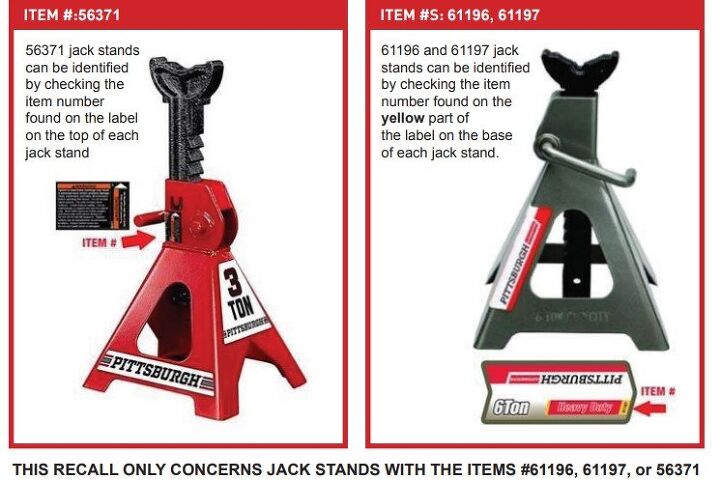





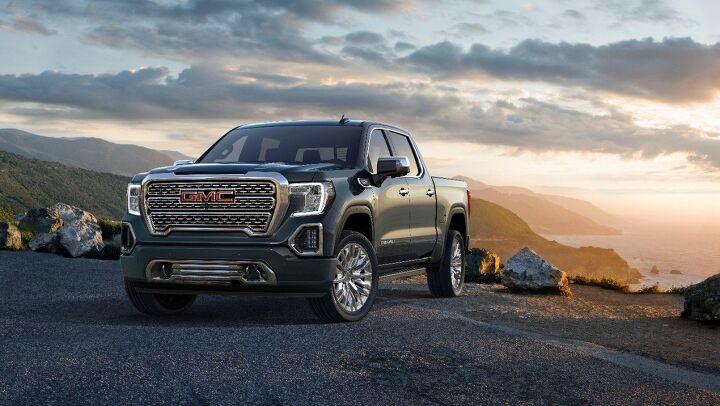
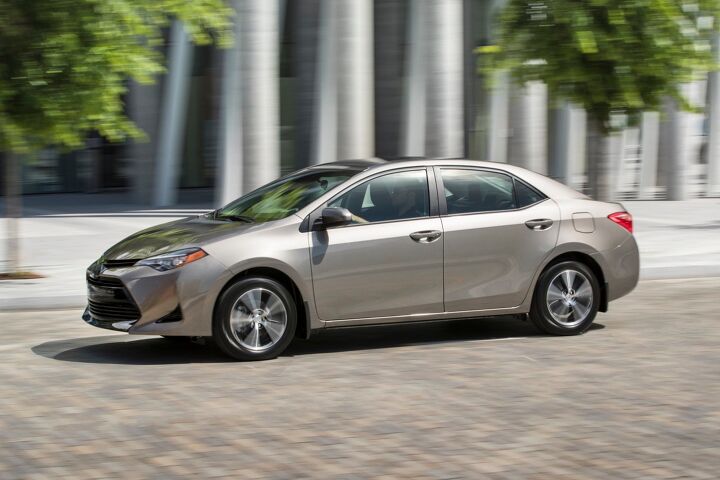













Recent Comments